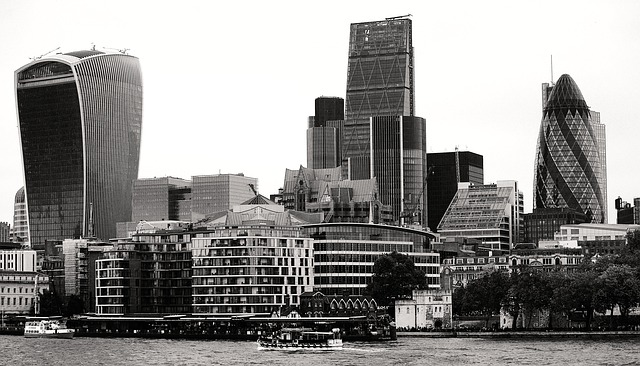

The measures were first suggested in 2016 and a public consultation was held in July 2018. However, due to the lack of parliamentary time caused by Brexit and COVID-19, as recently as 31 January 2022, the government was unable to give a timetable for their introduction.
The Russia-Ukraine conflict and the relevant sanctions to Russia now appears to have precipitated matters and the government has now announced that the legislation will be discussed in parliament this week.
Various amendments have been made to the draft legislation in accordance with the public response to the consultation. Owners who do not comply with the registration requirement will experience difficulties in selling the property. Those who provide false information could be jailed for up to five years.
The draft law would apply retrospectively to property bought by overseas owners up to 20 years ago in England and Wales and since December 2014 in Scotland.
The government says that the register ‘will require anonymous foreign owners of UK property to reveal their real identities to ensure criminals cannot hide behind secretive chains of shell companies, setting a new global standard for transparency.’ Failure to declare beneficial ownership will result in entities facing restrictions over selling their property and a possible prison term of up to five years.
The government says those who hold property in the UK in a trust will be brought within scope and the definition of an asset’s ‘holder’ will also be expanded in order to ‘ensure individuals can’t hide behind opaque shell companies and foundations.’
The government is also considering measures that will increase the powers of Companies House to make applicants prove their identity when setting up companies. A consultation paper setting out these proposals is in preparation.








